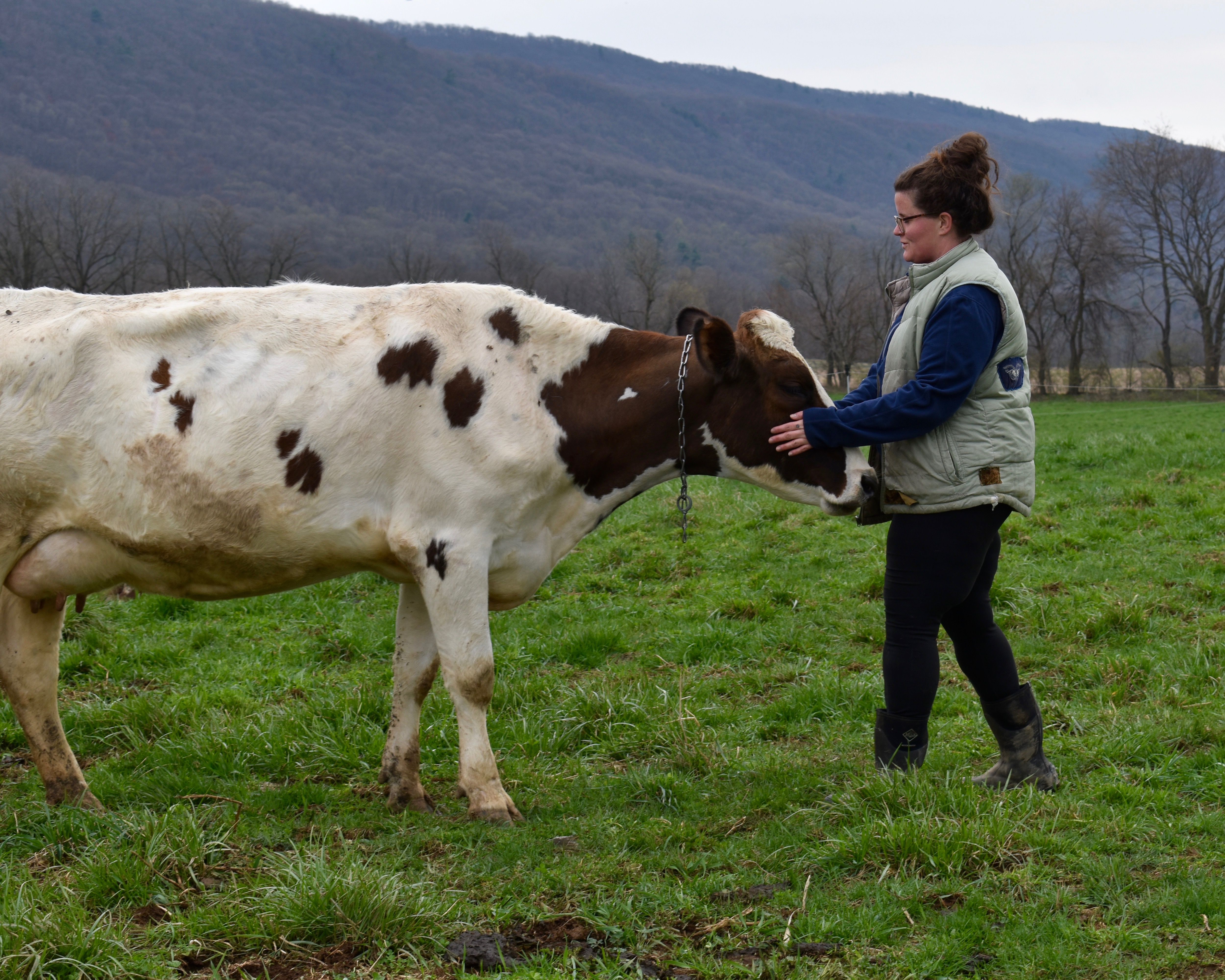
The goals of Harvest Market and PASA, the Pennsylvania Association for Sustainable Agriculture, are quite aligned. Even though we are located in Delaware, most of our local products come from the Commonwealth next door. In fact, PASA has a membership that goes well-beyond the Keystone State, and is a real organizational powerhouse when it comes to the major actors in sustainable agriculture.
So, what is PASA? They are a Pennsylvania-based sustainable agriculture association founded in 1992. Their mission is:
“to build a more economically-just, environmentally-regenerative, and community-focused food system through education and research that directly supports farmers.”
Since 2005, Harvest Market has been a very proud Permanent Business Partner with PASA, as well as a steadfast supporter of their annual Sustainable Agriculture Conference in February. We cannot say enough good things about this organization and we hope you enjoy learning more about their work!
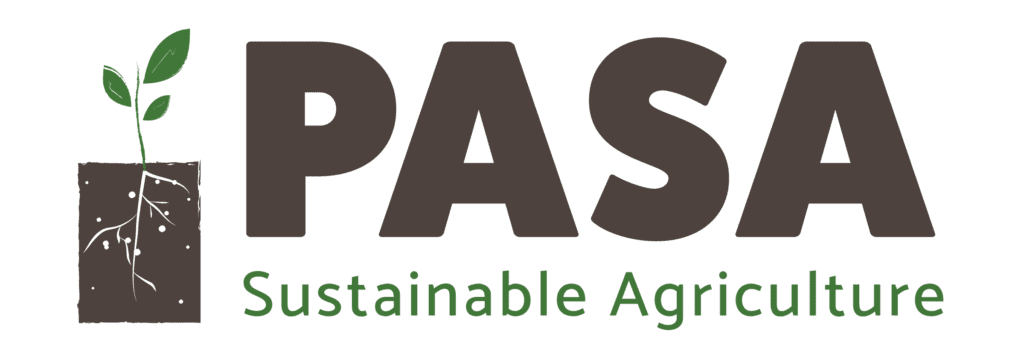
Harvest Market: Please tell our readers about what you do at the Pennsylvania Association for Sustainable Agriculture.
Our annual Sustainable Agriculture Conference, held in Lancaster each February, draws people from all sectors of the food system for four days of intensive learning on a wide range of food and farming topics.

Harvest Market: How you define sustainable agriculture? How does that compare and contrast with regenerative agriculture?
PASA: The term “sustainable agriculture” actually has a legal definition. According to U.S. Code Title 7, Section 3103, sustainable agriculture refers to an integrated system of plant and animal production practices that will over the long term:
- Satisfy human food and fiber needs
- Enhance environmental quality and the natural resource base upon which the agricultural economy depends
- Make the most efficient use of nonrenewable resources and on-farm resources and integrate, where appropriate, natural biological cycles and controls
- Sustain the economic viability of farm operations
- Enhance the quality of life for farmers and society as a whole
The term “regenerative agriculture” serves to emphasize that we need to work to leave our natural resources better than we found them. It’s a more nuanced term for describing the environmental and ecological health goals for sustainable agriculture, though the terms are frequently used interchangeably.
Harvest Market: What is the current state of sustainable agriculture in Pennsylvania and how does it compare to the other parts of the country?
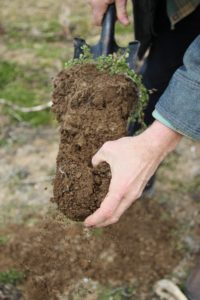 PASA: The 2017 Census of Agriculture, which was released earlier this year, revealed some troubling numbers. We now know that, between 2012 and 2017, the total number of farms in the U.S. declined by three percent; the average age of U.S. farm producers rose from 56 to 57.5; and farms across the country are increasingly consolidating, with one percent of the largest farms accounting for 35 percent of all sales.
PASA: The 2017 Census of Agriculture, which was released earlier this year, revealed some troubling numbers. We now know that, between 2012 and 2017, the total number of farms in the U.S. declined by three percent; the average age of U.S. farm producers rose from 56 to 57.5; and farms across the country are increasingly consolidating, with one percent of the largest farms accounting for 35 percent of all sales.
Yet, when we examine the data for Pennsylvania through the lens of sustainable farming practices, we also find cause for hope. The number of farms in the state that employ no-till practices increased by three percent, growing the number of no-till acres by 17 percent and bringing the total number of acres in no-till production to 1.6 million.
Similarly, the number of farms planting cover crops also increased by three percent, resulting in a 33 percent growth in cover crop acres and placing Pennsylvania tenth in the nation for this conservation practice.
The organic sector in Pennsylvania, in particular, continues to experience growth. The number of certified organic farms in the state rose by 82 percent between 2012 and 2017, compared to 39 percent nationally. Organic farm sales in Pennsylvania rose 800 percent in just five years—from $78.5 million to $707.6 million—compared to 133 percent growth nationally. Additionally, the number of farms in the state transitioning to organic has increased by 17 percent.
This monumental growth in organic not only has positive implications for reducing the use of off-farm inputs like synthetic pesticides and fertilizers and sustainable agriculture in the state; it’s having economic effects for farms, too. Seventy-two percent of organic farmers in the state report that farming is their primary income source, in contrast with 46 percent of Pennsylvania farmers overall.
While the gender ratio of farmers in the state remains the same between organic farmers and all farmers—65 percent male and 35 percent female—organic farmers are notably younger. The majority are under 45 years old, compared to the majority of farmers overall in the state being 45 or older.
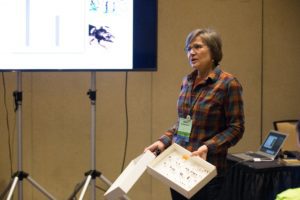 Also of note: Earlier this month Gov. Tom Wolf signed into law a bipartisan $23.1 million package of bills—collectively titled the Pennsylvania Farm Bill—making a historic investment in farmers and the local food system. Reportedly, Pennsylvania is the first to build and pass a state-level farm bill. The Bill contains important support for a variety of sustainable agriculture initiatives, and as a whole serves as a model for how states can invest in farmers and local food systems.
Also of note: Earlier this month Gov. Tom Wolf signed into law a bipartisan $23.1 million package of bills—collectively titled the Pennsylvania Farm Bill—making a historic investment in farmers and the local food system. Reportedly, Pennsylvania is the first to build and pass a state-level farm bill. The Bill contains important support for a variety of sustainable agriculture initiatives, and as a whole serves as a model for how states can invest in farmers and local food systems.
Harvest Market: What are some ways that the average consumer can support the farmers and food producers in their community?
PASA: Consumers can support their farmers and local food producers in many ways! They can shop at farmers markets, subscribe to a CSA (Community Supported Agriculture) program, become a member of a food coop, and support local businesses—like Harvest Market!—that in turn support farmers. If they have children in school, they might consider supporting or starting farm-to-school initiatives that connect students with farmers and locally produced food at an early age. They can also consider donating to organizations that work to serve farmers and advance community-based food systems.
Harvest Market: What aspect of farming and food production is the most inspiring to you? And the most challenging?
PASA: The farmers we work with are incredibly creative thinkers who tackle innumerable challenges every day, all while being at the mercy of weather conditions and a changing climate. This probably speaks to both what is most inspiring and challenging about farming and food production—the inherent difficulties of it, and the innovations that sprout from these difficulties.
Harvest Market: What would you say to an aspiring farmer?
PASA: Since most aspiring farmers today did not grow up on a farm, it’s important to connect with other farmers to share information and ideas. Your community is your greatest resource! Our farmer-to-farmer workshops and events, and our annual Sustainable Agriculture Conference, are valuable opportunities to connect with your peers.
Also, registered apprenticeship programs like our Diversified Vegetable Apprenticeship or Dairy Grazing Apprenticeship programs provide a guided pathway to becoming a farm manager or starting a farm of your own through on-farm training.
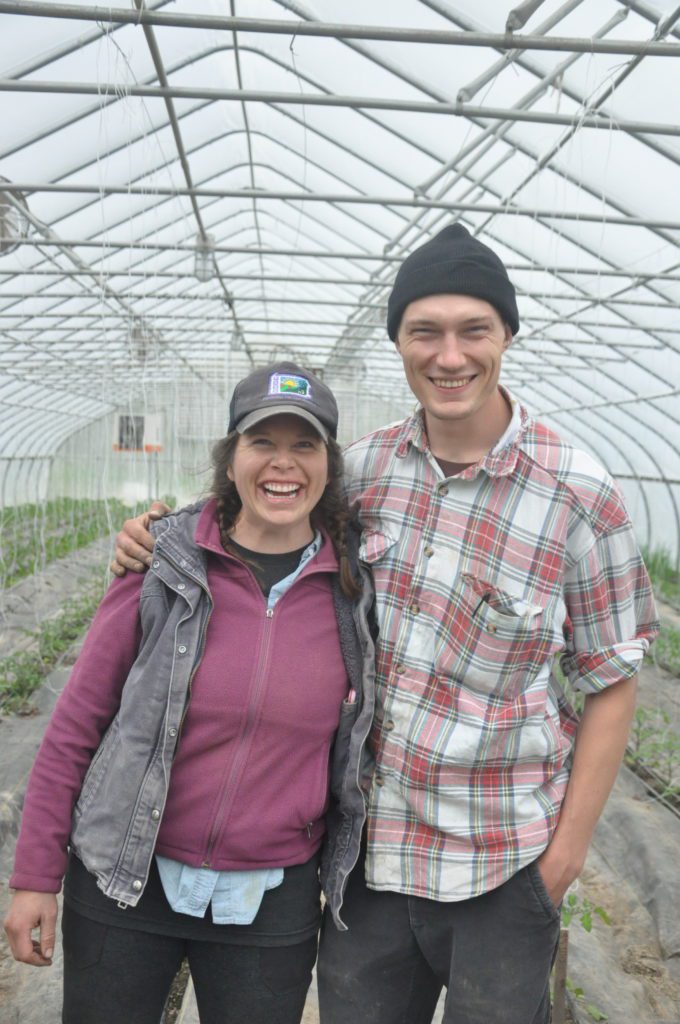
Harvest Market: Is there an achievement or contribution that you are most proud of? Why?
PASA: We are proud to have created spaces for farmers, food system professionals, and sustainable agriculture supporters to connect with one another for nearly three decades. These peer-to-peer connections have helped cultivate a strong sustainable agriculture community in Pennsylvania. Farmers often tell us that their farming methods were inspired by other farmers they’ve met at our workshops or at our annual conference.
Harvest Market: Looking ahead, what do you see as the next big issue for PASA?
PASA: Farmers are both on the front line of mitigating the effects of climate change, and the most vulnerable to it. They are already experiencing more severe weather and changing patterns of pests and disease. So farmers will need to continuously adapt. That’s why we see ongoing education and advancing sustainable farming practices—like building soil health to prevent erosion and sequester carbon—vital to the long-term health of our food system. We also need to work together on a societal level to protect farmers and minimize the risk they face as a result of climate change.
Harvest Market: Is there anything else you’d like to share with our customers and staff at Harvest Market?
PASA: We are so grateful for your ongoing support! Harvest Market has been a treasured community partner to us over the years, and we sincerely appreciate your steadfast commitment to building a healthier and more sustainable food system.
